"No other book by Nietzsche has such a long and arduous preparation behind it": this is how Giorgio Colli introduces the most mystical and tormenting text of the German philosopher, whose death today is the 121st anniversary.
di Lorenzo Pennacchi
Article originally published on The Dissident Intellectual on 13 February 2017 and presented here with minor changes
"Anyone who has read a few pages of Nietzsche has felt deeply probed, has felt provoked to give their consent on a burning issue". So Giorgio Colli makes his debut in his Written on Nietzsche 1980. Reading the German philosopher means not only reflecting on the meaning of life, but being torn apart by this reflection. As argued in a recent monograph written by Chiara Piazzesi, in fact, Nietzschean problems are «first of all personal events, life lived by the author». Like the great philosophers of antiquity, Nietzsche conceived the philosophy as a total discipline, a real art of life, capable of transforming the reader who receives it. This is clearly the prophetic function of Zarathustra, with the presentation of a Ubermensch, a superman, able to transvalue all values. Values that are the result of a process of decadence European, of which Christianity, with its lies, is the most responsible and manifestation, as argued in theAntichrist of 1888, a real one declaration of war against the doctrine of false equality. But the reflection on life was part of Nietzschean works well before the advent of Zarathustra, from the youthful period of the German philosopher, who has its apex in the publication of Birth of the tragedy in 1872.

Friedrich Wilhelm Nietzsche was born on October 15, 1844 in Röcken, near Leipzig, into a family of Protestant pastors. On the death of his father five years later, he moves with his mother and sister Elisabeth to Naumburg. In '58 he entered the Pforta school of excellence, to land at the University of Bonn, then moving to that of Leipzig in '65. The young Friedrich, after having studied theology and philology, was already a professor of Greek language and literature in Basel at the age of twenty-four. As a philologist he cannot fail to be attracted to Greek world. But this attraction is something far greater than a philological interest: it is an existential, all-encompassing aspiration, philosophical. To understand La birth of the tragedy we must start from the years preceding its publication, since as Colli maintains: "No other book by Nietzsche has such a long and tiring preparation behind it." Ten years of reflection around the tragedy and the Greek world have served to generate this work, the most mystiqueof the author, who deals with aesthetics in a broad sense, starting from art to talk about the world and life. After all, for the ancients these dimensions coincided, because existence was considered as a totality and not fragmented into many small disconnected parts. Continue Hills:
Today's man goes to the theater to relax, to release himself from the burden of everyday life, because he needs something that is "only" entertainment, because it comes from outside and knows what is real. The spectator of the Greek tragedy came and "knew" something more about the nature of life, because he was infected from within, invested by a contemplation - that is, by a knowledge - that already existed before him, which rose from the orchestra and aroused the his contemplation, he became confused with it. And if the way of the spectacle were the way of knowledge, of liberation, of life in short? Such is the question posed by Birth of the tragedy.
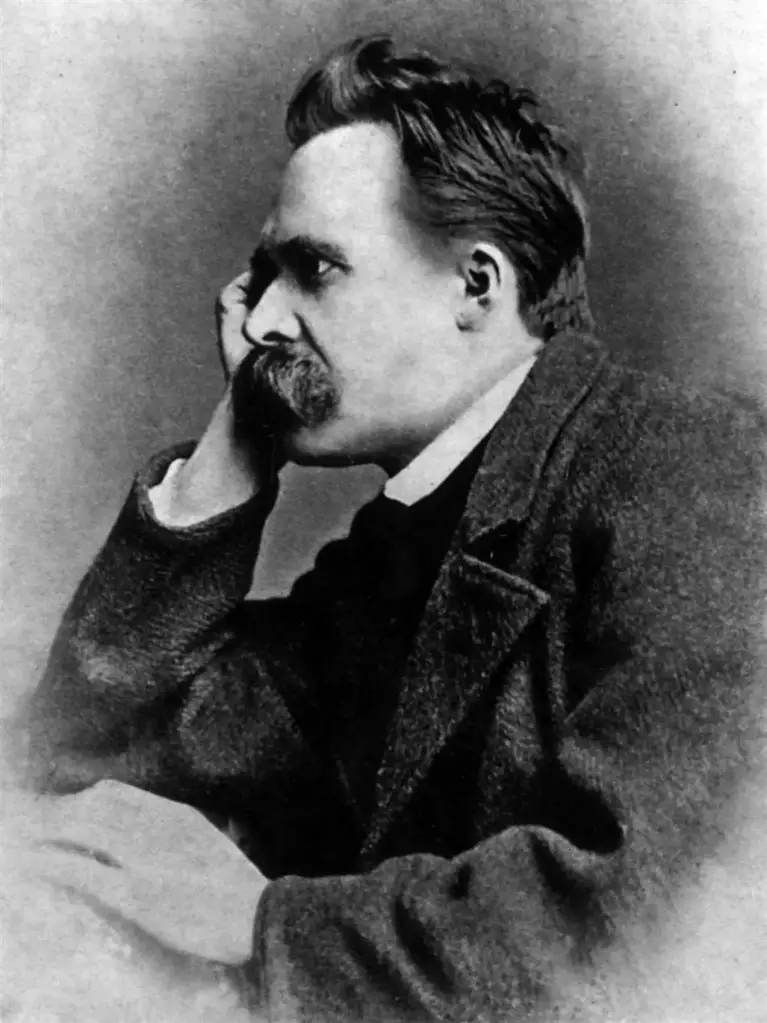
The first results of this existential investigation are two conferences, held between '69 and '70. In the first, The Greek musical drama, the clear contrast between the Greek tragedy emerges, instinctual inasmuch as it derives from Dionysian processions of antiquity, and the unfortunate modern arts, conceptual and for these enemies of pure instinct. In the second, Socrates and the tragedy, the character who will be central to the work of '72 is introduced. Here Socrates, presented through Aristophanes' ironic verses, is already identified as the main cause of the end of the tragedy. Taking up the theme of the previous conference, Nietzsche argues that: «Socratism despises instinct and therefore art». Socrates is the image of a new, rational and scientific world. But the mask Socrates uses that of Euripides to penetrate the tragic universe. Euripides, opposed to the great Aeschylus, embodies the Aesthetic Socratism, or the idea that «everything must be conscious to be beautiful». In this way he replaces the drama with optimism, instinct with reason, and the choir with dialogues, marking the advent on the scene of the viewer, that is, the man of the reality of everyday life. Inevitably, as will be read in Birth of the tragedy:
The Greek tragedy perished in a different way from all the ancient related art genres: he committed suicide, following an insoluble conflict, therefore tragically, while all those others disappeared at an old age with the most beautiful and peaceful death.

These are words that strike deeply, which penetrate the soul of the modern reader. By themselves, they would be enough to make up a book. But Nietzsche doesn't stop there at all. These reflections are inserted in a broader aesthetic context, already presented in a text of 1870, The Dionysian worldview, in which the author recognizes a double divine source of Greek art: that Apollonian is that Dionysian. These two impulses, opposites, but in constant relation to each other, they do not identify only two artistic worlds, but two vital principles. In presenting Apollo with form and dream, and Dionysus with original unity and intoxication, Nietzsche places us in front of the two forces that are at the basis of life and, therefore, of art. Here because La birth of the Tragedy it is a total work, of est-ethics, where the Greek tragedy itself becomes maximum expression of life itself and in which the two divine principles are conjugated. The illusory Apollonian structure (Apollo is considered the father of the gods), allows to bear the bottom of the Dionysian life, revealed by the words of the wise Silenus to King Midas in the third chapter of the work:
Miserable and ephemeral bloodline, child of chance and pain, why do you force me to tell you what it is most advantageous for you not to hear? “The best is absolutely unattainable for you: not to be born, not be, to be nothing. But the second best thing for you is - to die soon ”.
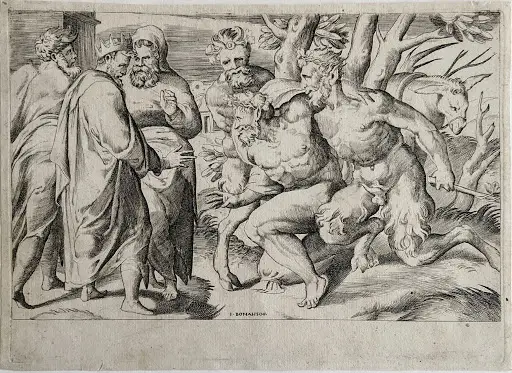
The Nietzschean text was deeply criticized for its historiographical inaccuracies, in particular by the philologist Ulrich Von Wilamowitz. But Nietzsche did not want to write a work of a historical nature, but a profoundly philosophical one: Apollo is considered the lord of Olympus, because this interpretation is functional to the discussion. In Second Out of date, written in 1873, entitled On the usefulness and the harm of history for life, insists that history plays a positive role when it places itself at the service of life, a negative role when the opposite occurs. This anti-historicism is one of the most evident elements taken up by his youth teacher, Arthur Schopenhauer. Read for the first time in '65, he immediately grasps its enormous importance, as he reveals in a letter to a colleague: "Since Schopenhauer removed the bandages of optimism from our eyes, his gaze has become sharper . Life is more interesting, albeit uglier ”.
The pessimism expressed by Silenus and the opposition between Dionysian and Apollonian will e representation) are important themes that the young Nietzsche inherits from his spiritual guide. In addition to Third out of date, dedicated to Schopenhauer, the moment in which the greatest bond with the master is manifested is On the future of our schools, the result of five conferences held in '72. In this text, through a literary fiction with autobiographical hues, an old philosopher (clear incarnation of Schopenhauer) exposes his radical criticism of the German culture of his time, increasingly unsuccessful in the face of the logic of speed and gain. Nietzsche takes up the thesis of Jacob burckhardt, his colleague in Basel, according to whom the logic of the Culture would be opposed to that of State: the problem of modernity lies precisely in the subjection of the first to the second. The point, then, is to find the moment of inversion. Once again, the answer passes from the rediscovery of Greekness: "If you eliminate the Greeks, with their philosophy and their art, on what scale will you still want to climb towards culture?".
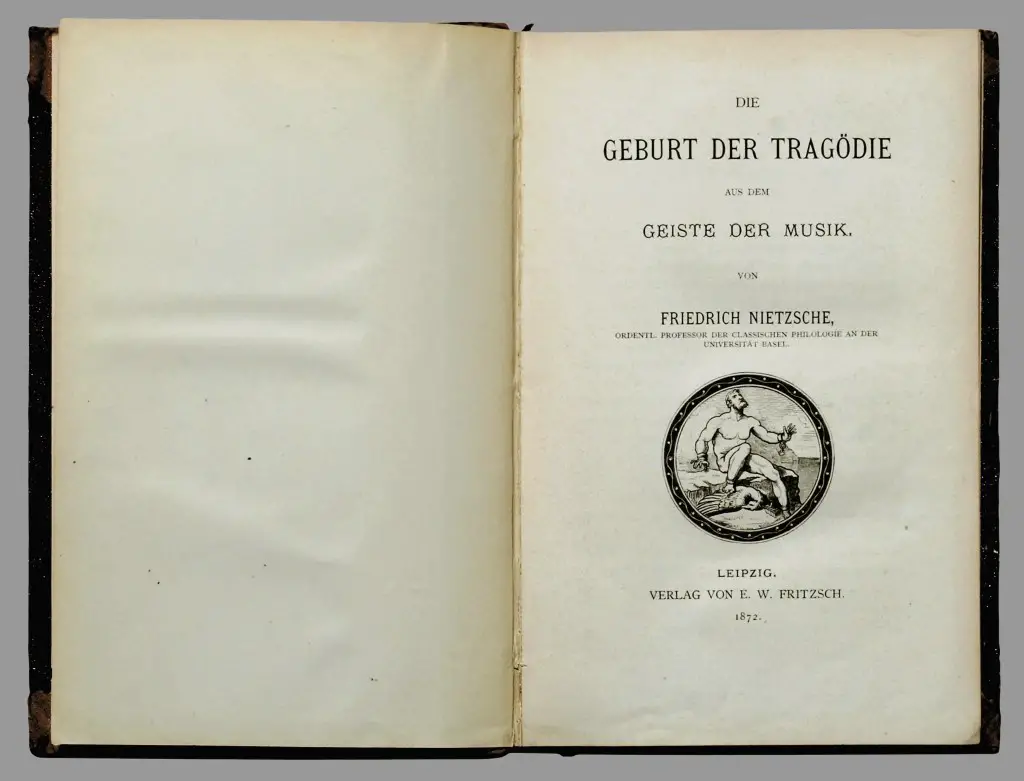
The theme of inversion, which marks a very important first point of departure from pure Schopenhauerian pessimism, is also central in the Birth of the tragedy. After presenting Socrates negatively, as the one who led the tragedy to suicide, he suddenly reevaluates him, pointing out how the philosopher of the concept, on his deathbed, gave himself over to music:
So - so he had to ask himself - what is not understandable to me must necessarily be something absurd? Is there perhaps a realm of wisdom from which the logician is banished? Perhaps art is even a correlative and necessary supplement to science?
With his questioning, Socrates opens up to rebirth of art in the world. This theme, as the work progresses, becomes political. Having identified the crisis of modernity (an expression of Socratism) and highlighted the hypocritical promise of general happiness, Nietzsche traces the moment of inversion in German spirit, who knows how to look to the Greeks as a model. There are many exponents of this ideal people (from Bach to Kant, from Beethoven to Schopenhauer), but above all one is its symbol: Richard Wagner. Known personally in 1868, he is the second great model for the young Nietzsche. In fact, in his music it is possible to see the expression of German ideal spirit, which transcends defined space-time boundaries. IS this is Germany so loved by the philosopher, and not the historical, modernist and warlike one, to which he was approached following a demystifying reading, supported above all by his sister, which took place after his death.
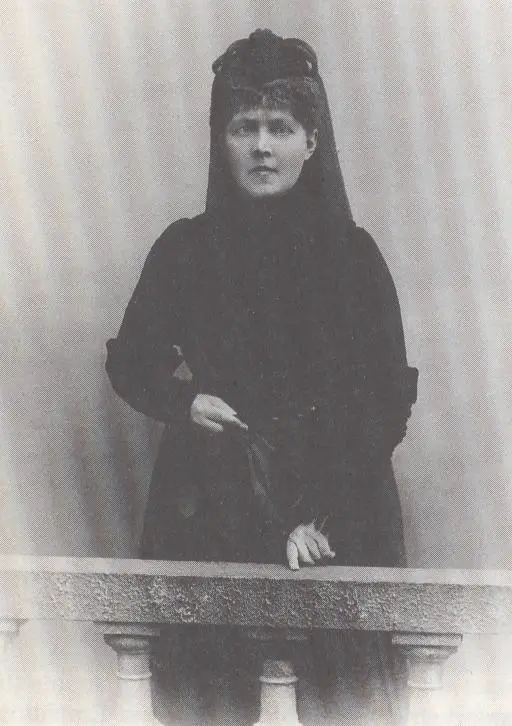
La birth of the tragedy, Nietzsche therefore owes a lot to his models. Shortly thereafter, however, he will distance himself from both. Compared to Schopenhauer, he will no longer share the dualistic approach and the pessimistic background of life. Apollo and Dionysus will definitively unify in the Will to Power, coinciding with life and its affirmation: a sacred say yes! Even the mythical German people will be set aside by the philosopher in search of transvaluation of all values. In this process, Wagner's music will be considered as a form of decadence: if he Tristan and Isolde was a manifesto of the revival of art in the modern world, the parsifal, infected with Christian elements, it is expression of a lie, as great as that of the thought from which it is shaped, which damages life. The consequences of these changes will also affect the vision of Birth of the Tragedy. In 1886, with his Attempt of self-criticism, Nietzsche will return to express himself on this text, defining it:
An impossible book, - I mean badly written, heavy, tormenting, full of eager and confused images, sentimental, here and there mushy to the feminine, uneven in rhythm, without a will to logical cleanliness, very convinced and therefore dispensed from demonstrating.
Yet, from this so negative judgment, a sign of a radical departure from the models of that period, he recognizes a deep debt towards him: having presented, for the first time fully, Dionysus, without whom there would have been no development in his philosophical path, or rather, no philosophy.
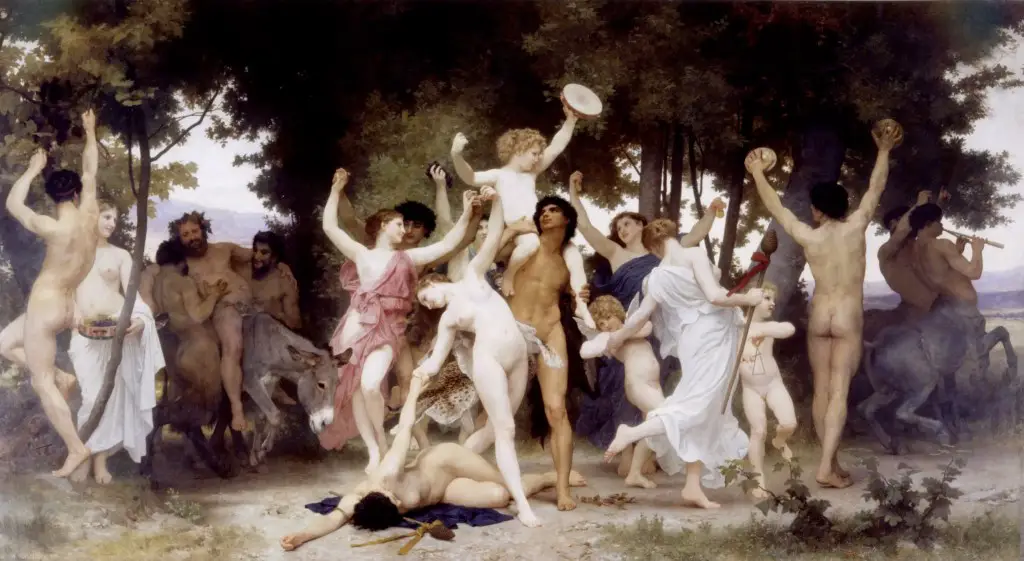
There are many elements in the Birth of the Tragedy that should be analyzed, but you cannot continue writing forever. The important thing is to have presented this book for what it is: one Totality, tormenting and poorly expressed, able to intervene directly on life, bringing us all back to the link, mediated by form and music, with the original unity described in the first chapter, in one of the most expressive pages of the entire Nietzschean work:
Now, in the gospel of universal harmony, each one feels not only reunited, reconciled, fused with his neighbor, but even one with him, as if the veil of Maia had been torn and was now waving in tatters in front of the mysterious original unity. Singing and dancing, man manifests himself as a member of a higher community: he has unlearned to walk and talk and is about to fly into heaven dancing. From his gestures speaks the spell. As the animals now speak, and the earth gives milk and honey, so too something supernatural resounds in him: he feels himself as god, he now wanders in ecstasy and above, just as he saw the gods wandering in a dream. Man is no longer an artist, he has become a work of art: he reveals himself here amidst the thrills of intoxication the artistic power of the whole of nature, with the utmost ecstatic satisfaction of the original unity. Here the noblest clay, the most precious marble, man is kneaded and roughed, and the cry of the Eleusinian mysteries resounds at the blows of the chisel of the cosmic Dionysian artist: «Are you prostrating, millions? Do you feel the creator, world? ».
